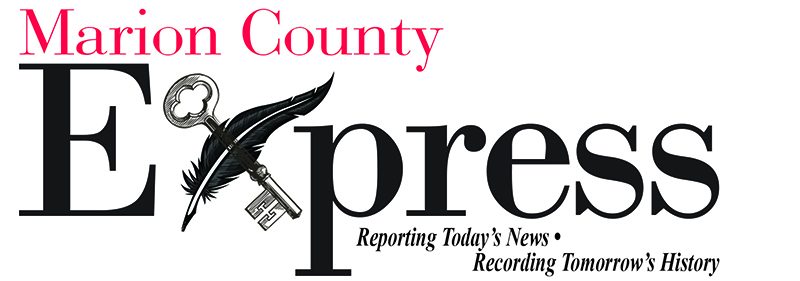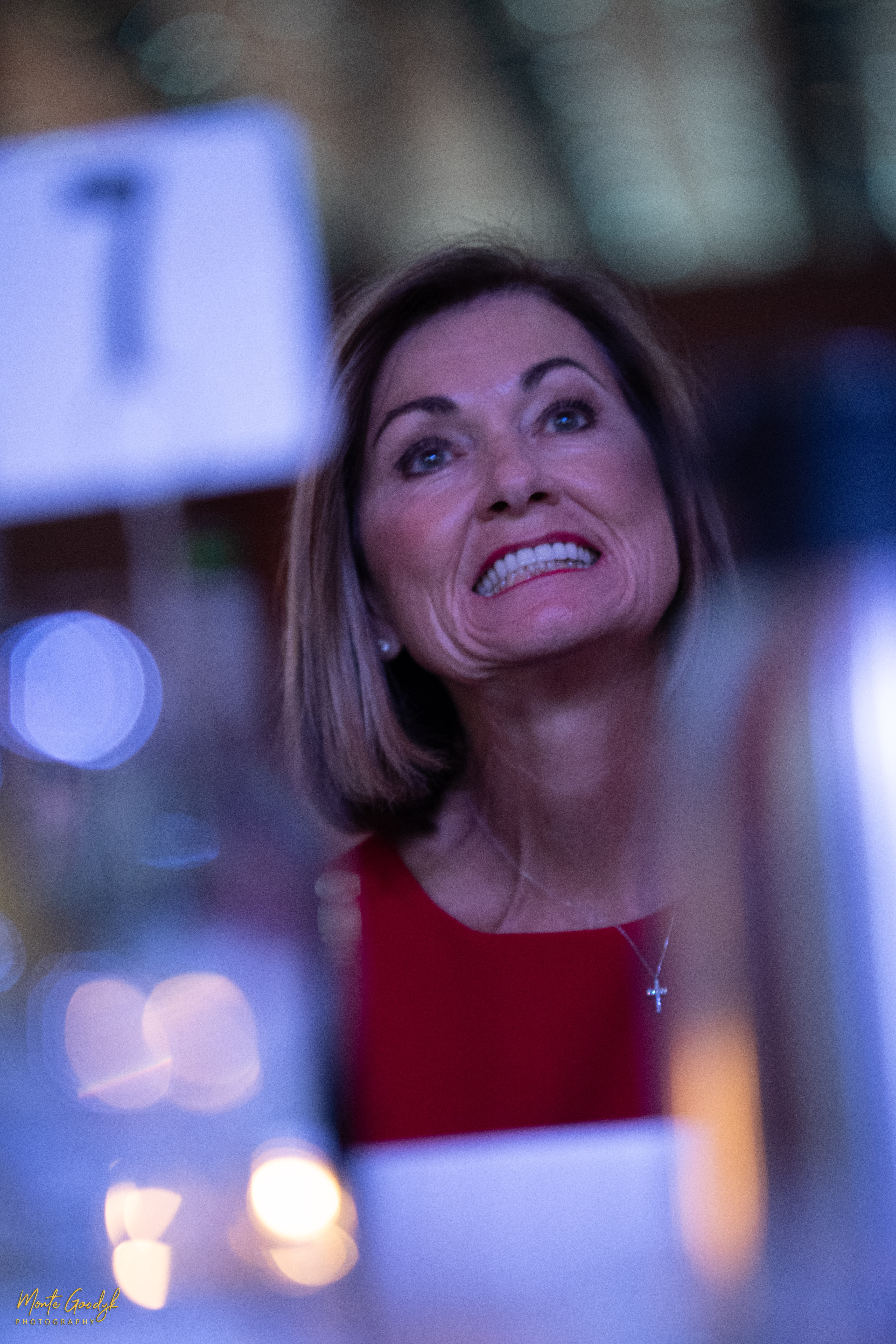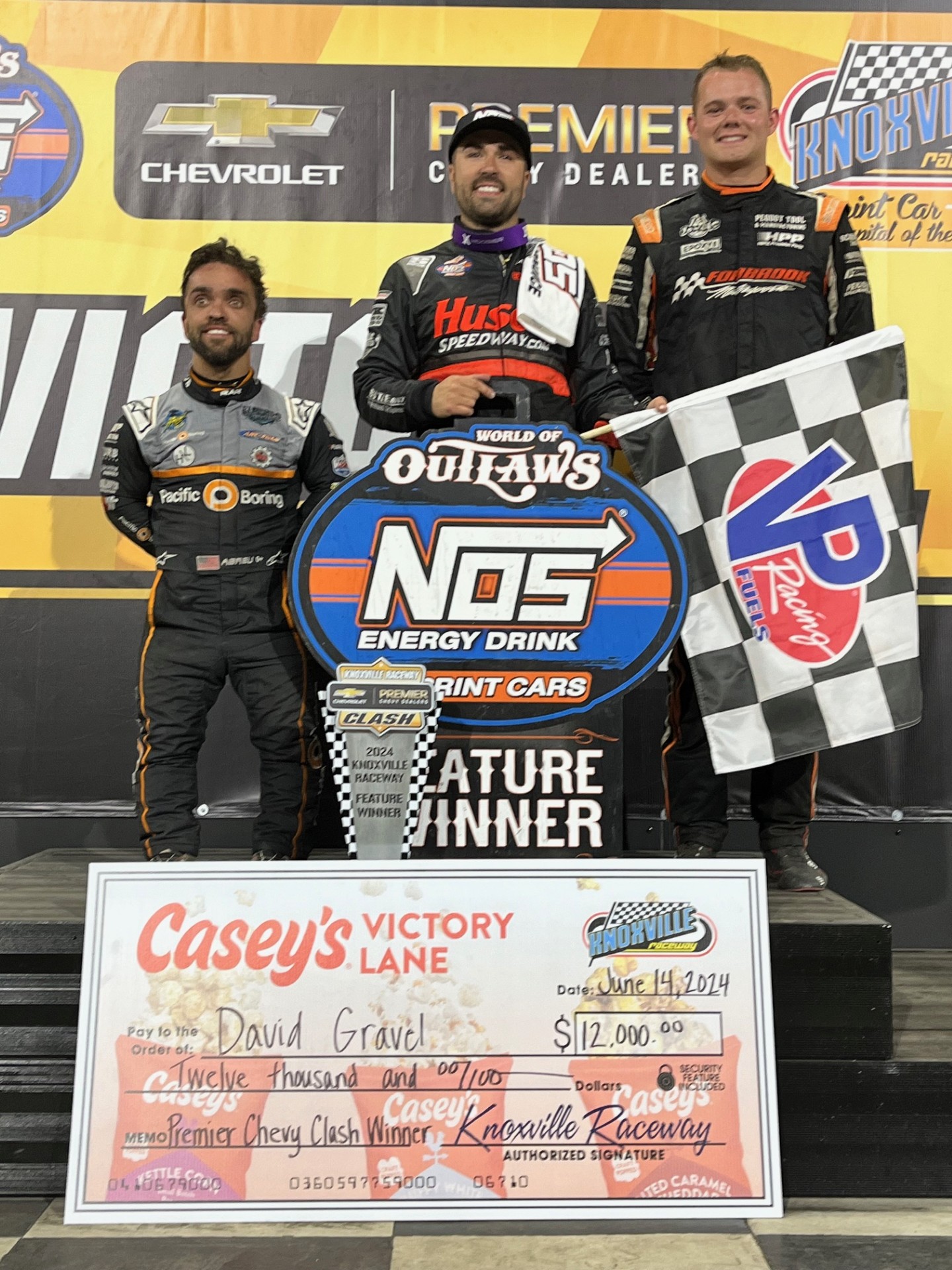By Daniel P. Finney
Suppose you make a list of the best people in Iowa. In that case, you have to start at No. 4, because there is a three-way tie for No. 1 between Iowa women’s basketball coaches Lisa Bluder and her longtime assistants, Jan Jensen, and Jenni Fitzgerald. They’re at the cultural zeitgeist now as the nation’s best player, West Des Moines native Caitlin Clark, leads the Hawkeyes on another deep run in the NCAA Tournament. But every time I see Lisa giving an interview, coaching from the sidelines, or giving a locker room speech, I flashback 30 years to when I met the great coach. I met her as a sophomore at Drake University during the 1994-95 academic year. I was the sports editor of the student newspaper. She was in her fifth year coaching the Bulldogs. I picked the women’s basketball beat because it was the best show on campus. In those days, the men’s basketball team was mired in the same mediocrity that had hounded the team since Maury John left for Iowa State University.
Center Tricia Wakely shook off defenders on the way to inside baskets like the rest of us shiver on a cold day. Left-handed guard Kiersten Miller had a way of snaking her arm around opposing ball handlers and popping the ball loose for steals and points. The late Lisa Brinkmeyer played with an unmatched verve as she dove for loose balls, shut down the opposing shooters, and swished jumpers and layups.
Forward Kristi Kinne baffled defenders with her patented cross-over dribble, and guard Julie Rittgers swished three-pointers years before Steph Curry made it fashionable. That team won the Missouri Valley Conference Tournament, beating Southwest Missouri State on their home floor in Springfield, Mo. They went on to the second round of the NCAA Tournament. Watching those games remains among the fondest memories of my paragraph-stacking career. A warm feeling rushes over me when I see her working the game.
There she is. There’s my friend. You go, coach. You go. But there was more to my affection for Lisa and her teams beyond being excellent at basketball. I grew up in a chaotic household. My dad struggled with heart disease in his final years, making the strongest male role model in my early life fragile. He died in 1988 when I was 13. My mom was even more problematic. She was a product of the “Mother’s Little Helper” generation, as coined in the song by the Rolling Stones. The lyrics refer to the heavy narcotics women of her generation whom doctors prescribed to maintain the facade of being a perfect mother and tireless homemakers. Her erratic behavior fueled by the drugs, combined with whatever undiagnosed mental health issues she struggled with, made her a terrifying figure when I was a boy. She died in 1990 after a fall downstairs. My psychologist and I work to untangle the ramifications of those adverse childhood experiences to this day.
But one thing I know for sure was there was an absolute, paralyzing fear of women. A child psychologist told Parents 2.0, the couple who raised me after my parents died, that Mom 2.0 had the toughest job of all: She had to make me trust a woman. Bless her heart, she did. It took years, but I accepted Mom 2.0’s love as real and unconditional. Yet with rare exceptions, I had a real problem with women. The anger and confusion left over from my childhood experiences with my mom warped my perspective. I viewed women as a threat that should be feared, avoided, and not trusted. This isn’t rational thinking, of course. And it led to many problems in romantic and platonic relationships with women. But covering Lisa’s teams, I was exposed to women very different than my mother: strong, confident, skilled, passionate, and driven. Suddenly, I was surrounded by all these powerful women who were kind, genuine, and earnest. They were led by Lisa and her longtime assistants, Jan Jensen and Jenni Fitzgerald, women whose character was obvious by both words and actions.
I often wondered what my first mother’s life would have been like if she had grown up in the Title IX era and had coaches like Lisa, Jan, and Jenni. Lisa’s teams showed me that for all those dark, sad outcomes in the past, there were so many brighter, happier, and more realistic stories that I was missing because a collection of thinking errors drove me to dread interactions with women, rather than cherish them.
Those years at Drake were rich with women who helped me grow and expand my perspective. Most games, I sat next to Jane Burns, a legendary sportswriter and editor for The Des Moines Register. She became my journalism big sister. I learned more from her in the three years we covered that team together than I did practically from anyone in my career. And there was Jean Berger, now retired head of the Iowa Girls High School Athletic Union, who served as senior women’s administrator in the Drake athletic department. I have never met a more organized, dedicated, and kinder person. As a coach, Lisa knows her actions reach far beyond the locker room and court. She helps guide the futures of young people every day. But Lisa probably didn’t know that the example she set, the actions she took, and the kindness she showed helped heal a frightened, confused aspiring newsman more than 30 years ago.
I will always be in her debt because she showed me a better way to be. Lisa and her team gave me hope and helped me make peace with the pains of the past. I still struggle with my attitudes and actions as I relate to women and so many other things in this life. We’re all works in progress. But thanks to friendships with people such as Lisa Bluder, that work is in a much better place than it ever could have been without the coach.
















